ROSEMONT, Ill., USA: The American Academy of Orthopedic Surgeons (AAOS), and the American Dental Association (ADA) found that there is insufficient evidence to recommend the routine use of antibiotics for patients with orthopedic implants to prevent infections prior to having dental procedures because there is no direct evidence that routine dental procedures cause prosthetic joint infections.
The AAOS and ADA’s recommendations are based on a collaborative evidence-based clinical practice guideline that focuses on the possible linkage between orthopedic implant infection and patients undergoing dental procedures.
“As clinicians, we want what is in the best interest of our patients, so this clinical practice guideline is not meant to be a stand-alone document. Instead it should be used as an educational tool to guide clinicians through treatment decisions with their patients in an effort to improve quality and effectiveness of care,” said David Jevsevar, MD, MBA, chair of the AAOS Evidence Based Practice Committee, which oversees the development of clinical practice guidelines.
“It has been long debated that patients with orthopedic implants, primarily hip and knee replacements, are prone to implant infections from routine dental procedures,” added Dr. Jevsevar, who also is an orthopedic surgeon in St. George, Utah. “What we found in this analysis is that there is no conclusive evidence that demonstrates a need to routinely administer antibiotics to patients with an orthopedic implant, who undergo dental procedures.”
In 2010, there were more than 302,000 hip replacement and 658,000 knee replacement procedures performed in the United States.
Infections can occur when foreign organisms enter the wound during or at any point following joint replacement, and can lead to additional surgery and prolonged antibiotic treatment.
For studies of hip and knee included in this guideline, the mean rate of infection was 2 percent.
Elliot Abt, DDS, MS, MSc, who served as member of the AAOS-ADA work group on behalf of the ADA, pointed out that the review committee conducted a thorough review of existing clinical research published in the peer-reviewed literature.
“This guideline was based primarily on clinical research which examined a large group of patients, all having a prosthetic hip or knee and half with an infected prosthetic joint,” said Dr. Abt, a general dentist in Skokie, Ill., and a member of the ADA Council on Scientific Affairs. “The research showed that invasive dental procedures, with or without antibiotics, did not increase the odds of developing a prosthetic joint infection.”
This clinical practice guideline, with three recommendations, is based on a systematic review of the correlation between dental procedures and prosthetic joint infection (PJI).
Recommendation one, which is based on limited evidence, supports that practitioners consider changing their longstanding practice of prescribing prophylactic antibiotics for patients who undergo dental procedures. Limited evidence shows that dental procedures are unrelated to PJI.
Recommendation two addresses the use of oral topical antimicrobials (topical antibiotic administered by a dentist) in the prevention of PJI in patients undergoing dental procedures. There is no direct evidence that the use of oral topical antimicrobials before dental procedures will prevent PJI.
Recommendation three is the only consensus recommendation in the guideline, and it supports the maintenance of good oral hygiene.
“Research is always changing and we need to work to improve clinical research databases, so in the future any type of prospective research done in this area will help shed light on prophylaxis and orthopedic infection rates,” Dr. Jevsevar said.
The “Prevention of Orthopaedic Implant Infection in Patients Undergoing Dental Procedures” guideline replaces the previous AAOS Information Statement, “Antibiotic Prophylaxis for Bacteremia in Patients with Joint Replacement.” The full guideline along with all supporting documentation and workgroup disclosures is available on the AAOS website: http://www.aaos.org/guidelines and the ADA website: http://www.ada.org/2583.aspx?currentTab=2#replace.
(Sources: AAOS, ADA)
CHICAGO, Ill. USA: An updated ADA clinical practice guideline, last evaluated in 2012, finds that in general, for patients with prosthetic joint implants, ...
KRIENS, Switzerland: Dental professionals are expertly positioned to guide patients towards an oral health routine that is both effective and gentle. The ...
NEW YORK, NY, USA: After one of the worst slumps in decades, the American economy has been showing signs of improvement in recent weeks — and several ...
NEW YORK, N.Y., USA: Dental implant surgery procedures can conflict with the medication needs of heart patients. A less invasive approach to dental implants...
DS Signature Workflows are designed to simplify and enhance every implant treatment. With these latest innovative solutions and one ecosystem for products ...
CHICAGO, Ill., USA: The American Dental Association (ADA) recently announced a new guideline indicating that in most cases, antibiotics are not recommended ...
CHICAGO, Ill., USA: Despite provocative reporting and sensational headlines, the American Association of Endodontists says there is no evidence that ...
Now available in more than 3,000 orthodontic locations in North America, AcceleDent is being integrated into orthodontic practices in the United States and ...
As National Dental Hygiene Month approaches, America’s ToothFairy is calling on dental professionals across the nation to participate in its fourth annual...
AUGUSTA, GA, USA: The Virtual Dental Implant Training Simulation Program, a realistic computer game designed to help students in diagnostics, ...
Live webinar
Tue. 3 March 2026
11:00 AM EST (New York)
Dr. Omar Lugo Cirujano Maxilofacial
Live webinar
Tue. 3 March 2026
8:00 PM EST (New York)
Dr. Vasiliki Maseli DDS, MS, EdM
Live webinar
Wed. 4 March 2026
12:00 PM EST (New York)
Munther Sulieman LDS RCS (Eng) BDS (Lond) MSc PhD
Live webinar
Wed. 4 March 2026
1:00 PM EST (New York)
Live webinar
Fri. 6 March 2026
3:00 AM EST (New York)
Live webinar
Tue. 10 March 2026
4:00 AM EST (New York)
Assoc. Prof. Aaron Davis, Prof. Sarah Baker
Live webinar
Tue. 10 March 2026
8:00 PM EST (New York)
Dr. Vasiliki Maseli DDS, MS, EdM



 Austria / Österreich
Austria / Österreich
 Bosnia and Herzegovina / Босна и Херцеговина
Bosnia and Herzegovina / Босна и Херцеговина
 Bulgaria / България
Bulgaria / България
 Croatia / Hrvatska
Croatia / Hrvatska
 Czech Republic & Slovakia / Česká republika & Slovensko
Czech Republic & Slovakia / Česká republika & Slovensko
 France / France
France / France
 Germany / Deutschland
Germany / Deutschland
 Greece / ΕΛΛΑΔΑ
Greece / ΕΛΛΑΔΑ
 Hungary / Hungary
Hungary / Hungary
 Italy / Italia
Italy / Italia
 Netherlands / Nederland
Netherlands / Nederland
 Nordic / Nordic
Nordic / Nordic
 Poland / Polska
Poland / Polska
 Portugal / Portugal
Portugal / Portugal
 Romania & Moldova / România & Moldova
Romania & Moldova / România & Moldova
 Slovenia / Slovenija
Slovenia / Slovenija
 Serbia & Montenegro / Србија и Црна Гора
Serbia & Montenegro / Србија и Црна Гора
 Spain / España
Spain / España
 Switzerland / Schweiz
Switzerland / Schweiz
 Turkey / Türkiye
Turkey / Türkiye
 UK & Ireland / UK & Ireland
UK & Ireland / UK & Ireland
 International / International
International / International
 Brazil / Brasil
Brazil / Brasil
 Canada / Canada
Canada / Canada
 Latin America / Latinoamérica
Latin America / Latinoamérica
 China / 中国
China / 中国
 India / भारत गणराज्य
India / भारत गणराज्य
 Pakistan / Pākistān
Pakistan / Pākistān
 Vietnam / Việt Nam
Vietnam / Việt Nam
 ASEAN / ASEAN
ASEAN / ASEAN
 Israel / מְדִינַת יִשְׂרָאֵל
Israel / מְדִינַת יִשְׂרָאֵל
 Algeria, Morocco & Tunisia / الجزائر والمغرب وتونس
Algeria, Morocco & Tunisia / الجزائر والمغرب وتونس
 Middle East / Middle East
Middle East / Middle East
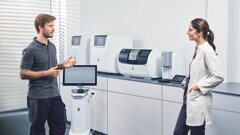

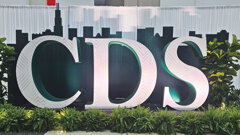

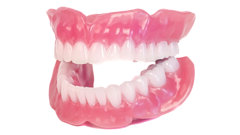























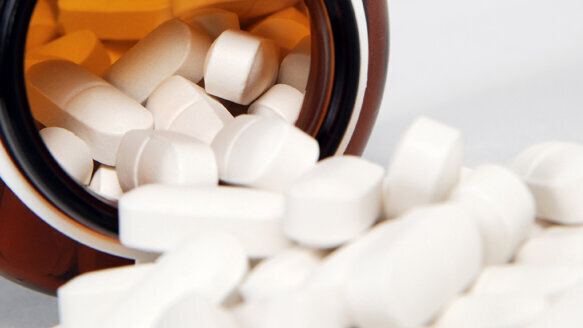



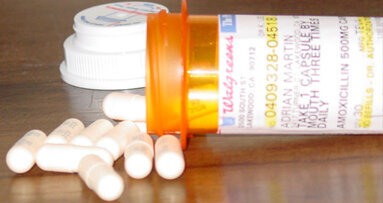


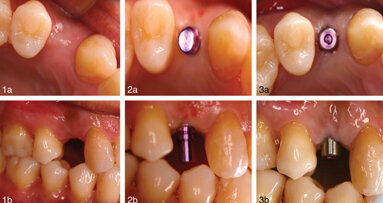
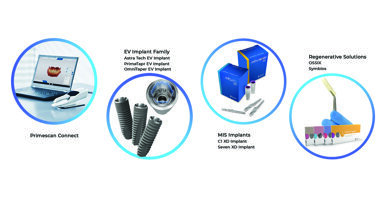


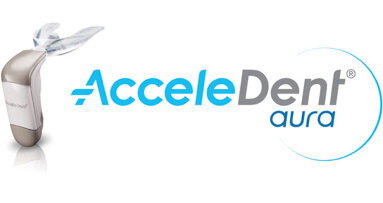
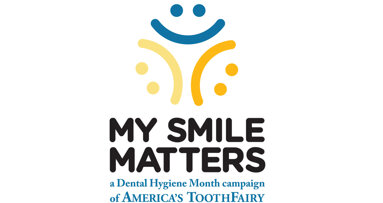
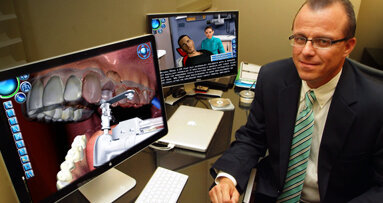














To post a reply please login or register